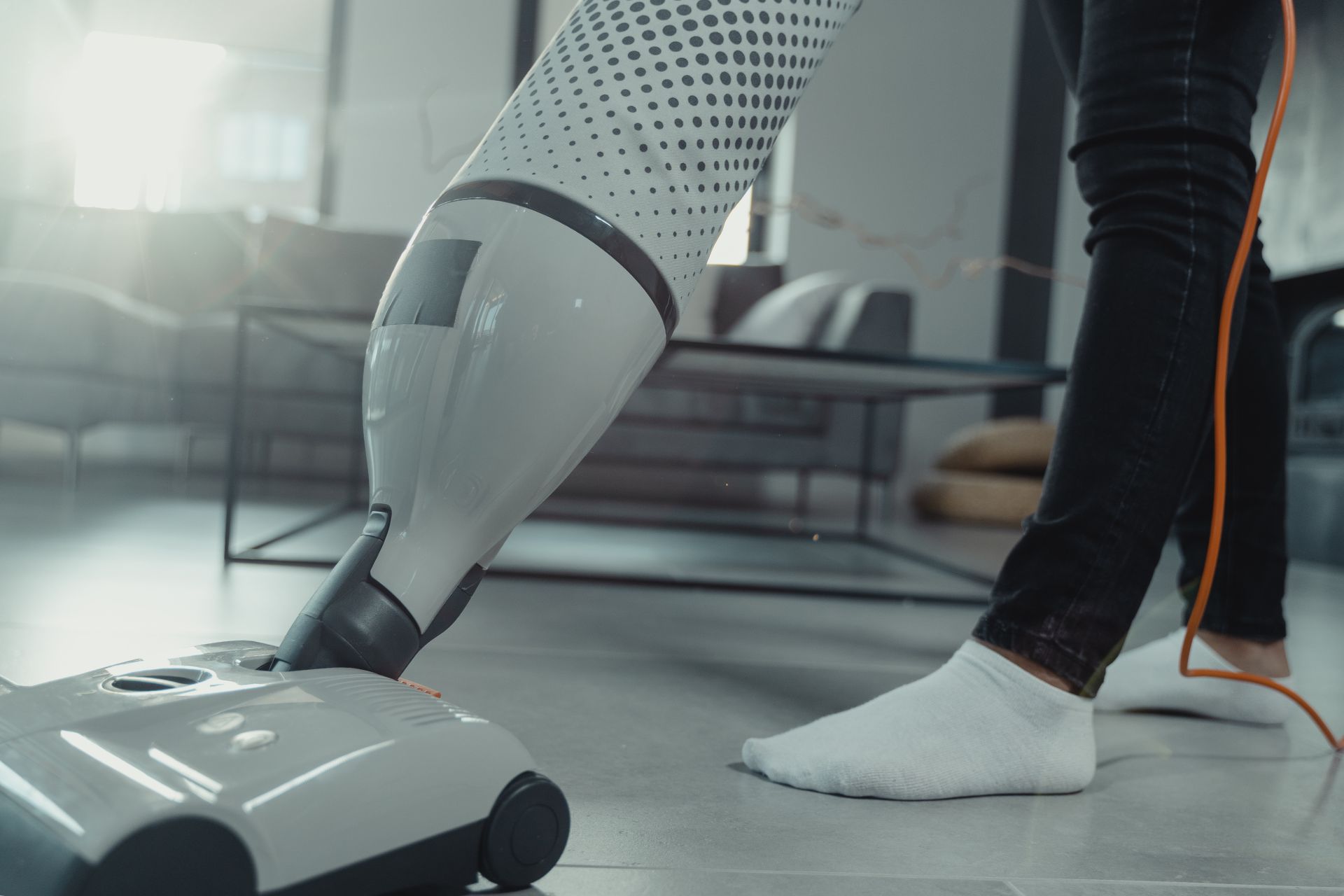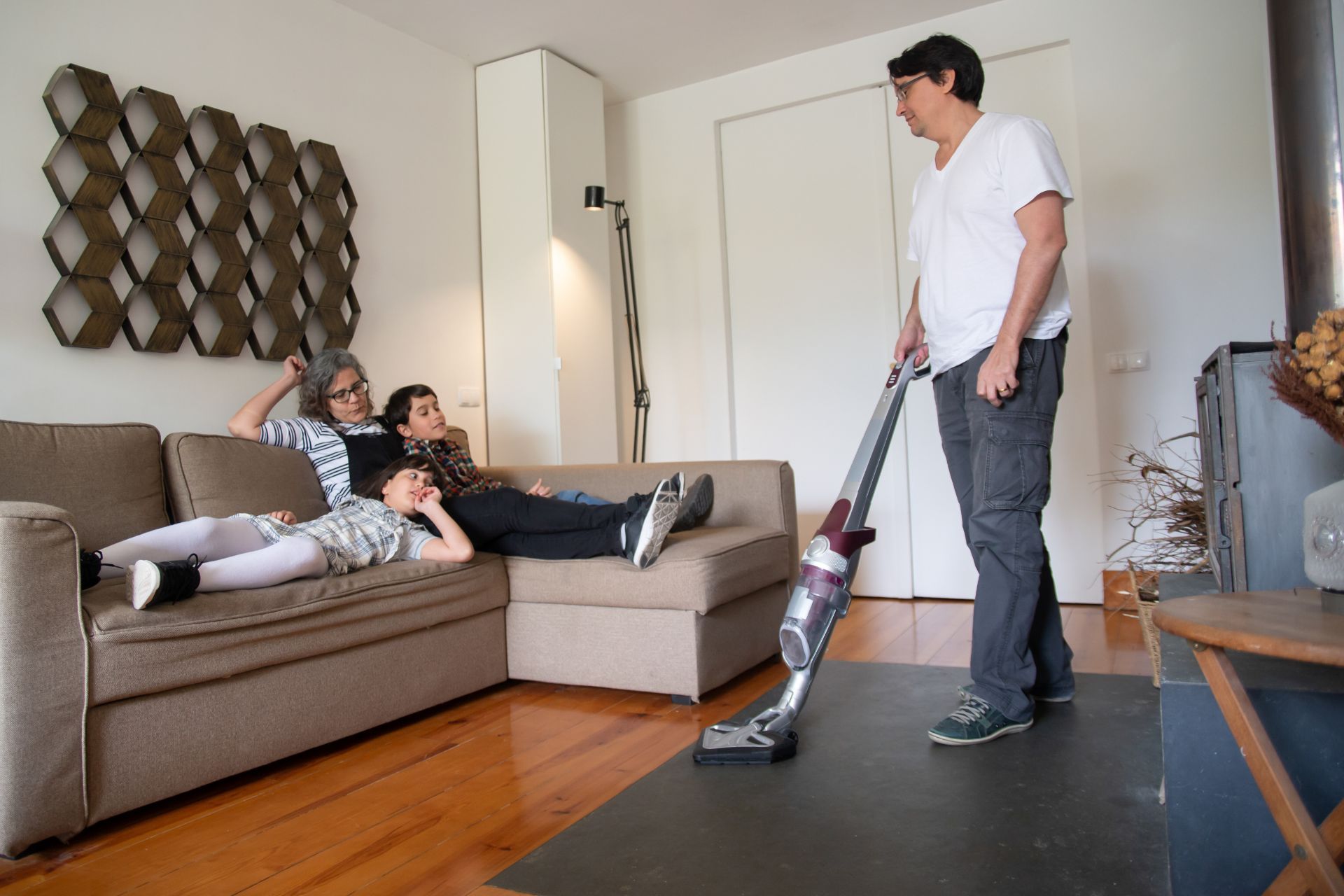Introduction: How Often Should You Clean Your Vacuum?
When it comes to home cleaning, your vacuum is one of the most important tools you rely on. But just like carpets and floors, your vacuum needs cleaning too. Many people ask, “How often should you clean your vacuum?” The answer depends on how frequently you use it, the type of vacuum you own, and whether you have pets or allergies.
In this guide, we’ll explore the best cleaning routines for vacuums, covering filters, hoses, brushes, and dust bins to help your vacuum last longer and perform at its best.

Why Cleaning Your Vacuum Is Essential
Before answering how often should you clean your vacuum, it’s important to know why.
- Performance – A dirty vacuum loses suction power, making it less effective.
- Air Quality – Dust and allergens can escape from clogged filters.
- Longevity – Regular cleaning prevents motor strain and breakdown.
- Hygiene – Built-up dirt and pet hair can cause odors and bacteria growth.
Keeping your vacuum clean ensures both a healthier home and a longer-lasting machine.
General Guidelines: How Often Should You Clean Your Vacuum?
So, how often should you clean your vacuum? Here’s a general schedule:
- Empty dustbin or replace bag: After every use or when 2/3 full.
- Clean filters: Every 1–3 months, depending on use.
- Wash washable filters: Every 2–3 months.
- Check brushes/rollers: Every 1–2 weeks.
- Deep clean the vacuum: Every 6–12 months.
These intervals can vary, but sticking to a routine makes a big difference.
Cleaning Bagged vs. Bagless Vacuums
When deciding how often should you clean your vacuum, consider the design:
- Bagged vacuums – Replace bags before they’re completely full. Clean filter compartments every few months.
- Bagless vacuums – Empty bins after each use. Wash dust containers monthly to prevent dirt buildup.
Bagless models require more frequent cleaning because dust is stored inside the bin rather than sealed in a bag.
How Often Should You Clean Vacuum Filters?
Filters are the lungs of your vacuum. Dirty filters restrict airflow and reduce suction.
- HEPA filters: Replace every 6–12 months, depending on manufacturer’s instructions.
- Foam filters: Wash every 1–2 months.
- Carbon filters: Replace every 3–6 months for odor control.
If you’re asking how often should you clean your vacuum filter, the answer is usually once a month for light cleaning and every few months for deep cleaning.
How Often Should You Clean the Vacuum Brush Roll?
The brush roll or beater bar easily collects hair, threads, and debris.
- Light cleaning homes: Check monthly.
- Homes with pets or long hair: Clean weekly.
A clogged brush roll strains the motor and reduces carpet-cleaning efficiency.
How Often Should You Clean the Hose and Attachments?
Hoses and attachments often trap hidden debris.
- Inspect every 2–3 months for clogs.
- Wash attachments like crevice tools or upholstery brushes every few months.
This ensures your vacuum maintains consistent suction.
Deep Cleaning Your Vacuum: How Often?
Beyond routine cleaning, a deep clean should be done every 6–12 months.
Steps include:
- Empty the bin or replace the bag.
- Wash or replace filters.
- Clean the brush roll thoroughly.
- Check the hose for blockages.
- Wipe down the exterior.
For people with allergies or pets, deep cleaning every 6 months is recommended.
Signs Your Vacuum Needs Cleaning Sooner
Even if you follow a schedule, sometimes your vacuum will show it needs attention. Look for these warning signs:
- Reduced suction power.
- Strange smells or odors.
- Excessive noise from the motor.
- Visible dust escaping during use.
- Overheating or shutting off unexpectedly.
If you notice these, don’t wait—clean your vacuum immediately.
How Often Should You Clean a Vacuum If You Have Pets?
Pet hair and dander require extra cleaning. For pet owners:
- Empty dustbin or replace bag after every use.
- Clean filters every 2–4 weeks.
- Remove hair from brush roll weekly.
So if you’re wondering how often should you clean your vacuum when you have pets, the answer is: more frequently than average households.
Allergy-Friendly Cleaning Schedules
If you or your family have allergies, cleaning frequency is critical.
- HEPA filters should be replaced every 6 months.
- Dustbins should be emptied after each use.
- Washable filters should be rinsed monthly.
This ensures your vacuum doesn’t spread allergens back into the air.
Maintenance Tips to Keep Your Vacuum Running Longer
Knowing how often should you clean your vacuum is only part of the process. Regular maintenance keeps it working like new.
- Always unplug before cleaning.
- Use scissors to cut away tangled hair.
- Avoid overfilling dustbins or bags.
- Store in a dry, clean place.
- Follow manufacturer’s cleaning instructions.
Consistent care prevents costly repairs.
Mistakes People Make When Cleaning Vacuums
Even with good intentions, mistakes can shorten your vacuum’s life:
- Washing non-washable filters.
- Using harsh detergents on filters or hoses.
- Forgetting to dry parts completely before reassembly.
- Ignoring small clogs until they cause motor damage.
Avoiding these mistakes ensures your vacuum lasts longer.
FAQs About Cleaning a Vacuum
- Can I wash all vacuum filters?
Not always—check if your filter is washable. HEPA filters are usually not washable. - Should I clean my vacuum after every use?
Emptying the dustbin after each use is best, but deep cleaning can wait. - How do I remove bad smells from my vacuum?
Clean the dustbin, wash filters, and sprinkle baking soda inside the bag or bin. - What happens if I don’t clean my vacuum?
You’ll notice weak suction, overheating, and eventually motor failure. - Can professional services clean my vacuum?
Yes, some shops offer maintenance for deep cleaning and motor checks.
Conclusion: How Often Should You Clean Your Vacuum?
Your vacuum works hard to keep your home clean, so it deserves regular care. By following a cleaning schedule, you’ll enjoy stronger suction, better air quality, and a longer-lasting machine. Whether you have pets, allergies, or a busy household, understanding how often should you clean your vacuum helps prevent problems before they start.
The next time you notice reduced performance, don’t rush to replace your vacuum—just give it the cleaning it needs.
